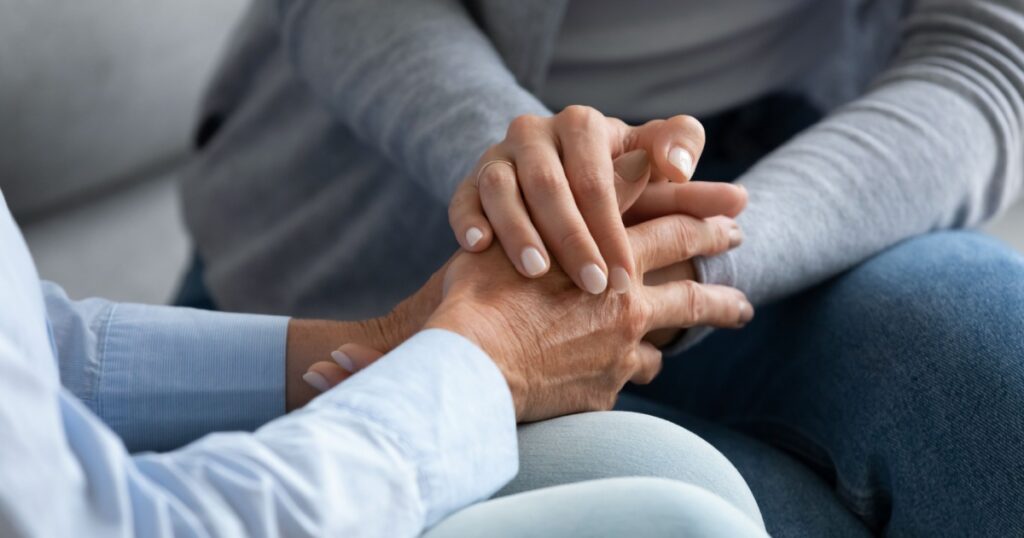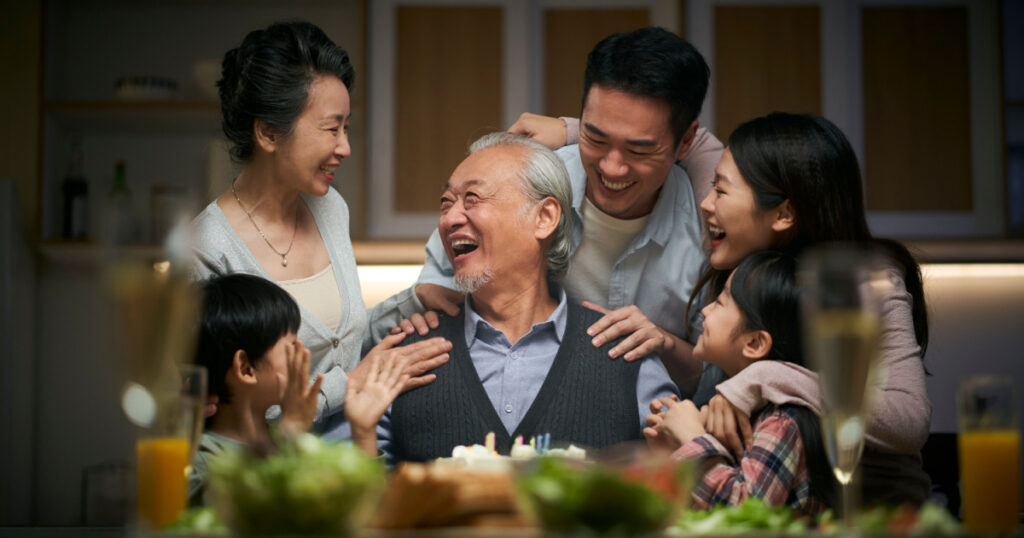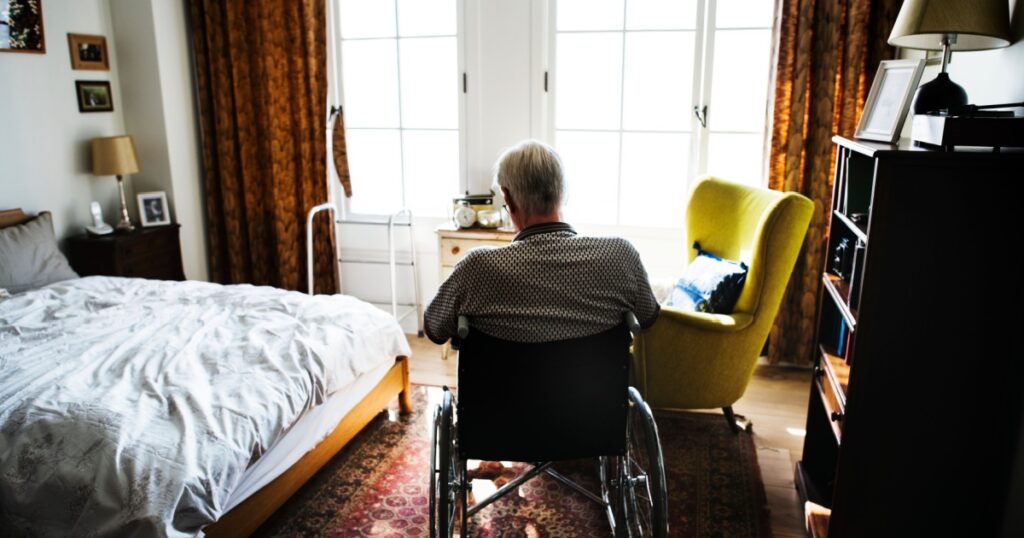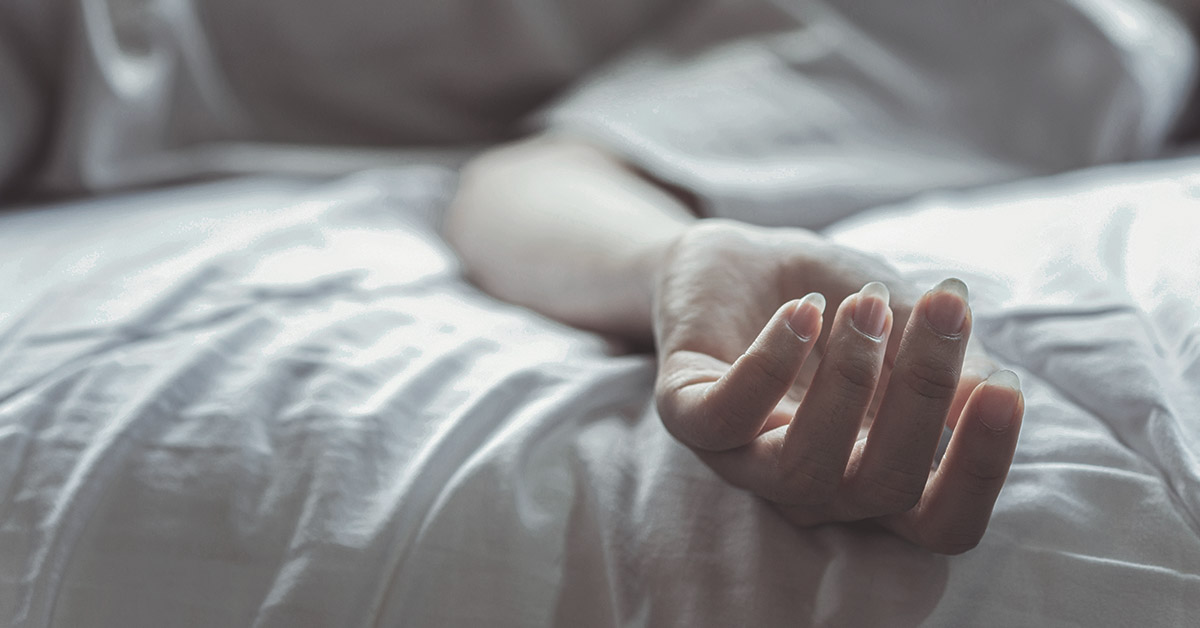The concept of dying alone versus being surrounded by loved ones is one that requires deep emotional thought and complex considerations. Often shown in media as a simple, black-and-white difference of a good or bad death, the reality is actually far more nuanced. While many see dying with family and friends around you as the ideal scenario, a significant minority actively choose to be alone in their final moments. Various studies and firsthand accounts have looked into the reasons why some individuals opt to wait to die alone:
To Die Alone is a Personal Preference

For some, the choice to die alone stems from a desire for autonomy and independence, even in death. Social researcher Glenys Caswell from Nottingham University highlights says that, “contrary to societal norms, dying alone is not always viewed negatively by those facing the end of life”.1 Caswell’s research suggests that some people see dying alone as a preferred alternative over giving up their freedom or being limited to a care facility at the end of their life. While this line of reasoning challenges conventional assumptions about the sadness and loneliness of a solitary death, it shows how important it is to respect individual preferences in end-of-life care.
Read More: The Body Knows When Death is Near, and It Begins in Your Nose
Protective Instincts

Another reason some choose to die alone is the desire to spare loved ones from seeing death up close. Lizzy Miles, a hospice social worker, suggests that some individuals may consciously choose to pass away alone out of concern for their family members.2 This need to protect, rooted in a desire to shield loved ones from emotional pain, shows the complexity of end-of-life decision-making. Lizzy also mentions that this desire is seen more in parents passing away than individuals without children. These instances shine a spotlight on the sacrifices people are willing to make to ease the burden of their own passing. Make sure you have an open dialogue with loved ones beforehand to better understand your own death and dying when the time eventually comes.
Read More: Upcoming Solar Eclipse Could Lead to Over 1,000 Car Crash Deaths, Study Warns
Cultural and Personal Factors in Choosing to Die Alone

Cultural influences and personal beliefs also shape how you would prefer your life to end. Glenys Caswell’s extensive research emphasizes that while societal norms often highlight the importance of dying with loved ones around, individual attitudes vary widely.3 Factors like health care policies, the media’s representation of death, and personal comfort levels all contribute to a range of perspectives when it comes to dying alone. Recognizing and respecting these differences will help you provide the best compassion and care possible to one’s needs and preferences.
Facilitating Conversations and Understanding

Ultimately, choosing to die alone is rooted in open communication and understanding among families, caregivers, and the ones soon passing. By creating an environment where dialogue about end-of-life preferences and expectations can take place, nobody will need to carry the stress about wishes being respected and honored. Initiating conversations about death may be uncomfortable, but it can help ease unnecessary guilt and uncertainty for both the dying and their loved ones. Families can navigate end-of-life decisions with grace and dignity through compassionate communication and mutual understanding.
The Bottom Line

Wanting to die alone challenges the popular opinion of a “good death” and really highlights the profoundly personal nature of end-of-life choices. While many may associate dying with their loved ones around with comfort and solace, it is essential to recognize that “many” does not mean “all.” Some prefer solitude in their final moments, which should be respected. By acknowledging the differences in cultural, personal, and emotional preferences, we can better provide more compassionate and individualized care. Keeping an open dialogue lets you better honor the wishes of the dying and support their journey respectfully.
Read More: Intermittent Fasting Has Been Linked to Higher Risk of Cardiovascular Death. Should You Worry?
Sources
- “Why Some People Wait To Die Until They’re Alone.” Health Digest. Jennifer Anandanayagam. October 23, 2023.
- “Time of Death: Some Patients Prefer to Die Alone.” Pallimed. Lizzy Miles.
- “Do some people prefer to be alone when they die?” Earth. Kay Vandette. 2018

